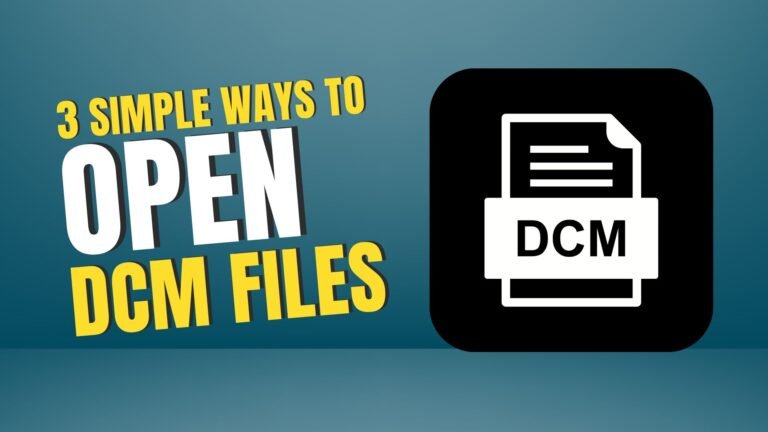There are many ways to rank better in search engines. No matter what your website is about, you can make it a success by following these SEO tips. Improve your ranking with these 8 simple steps!
Effective Keywords Research
One way to rank higher in search engines is to use keywords that are relevant and popular. You should start by choosing the best niche for your blog and then narrow it down with a keyword research tool like Google’s keyword planner. There will be plenty of success stories about people who picked up ranking spots just because they had an optimized title!
Write High-Quality Content
This one is definitely a given. The content you produce should be engaging, valuable and relevant to your audience or it won’t have any impact on ranking. Keep in mind that if the topic of your blog post has lots of competition, then you need to come up with an angle that provides something new for people who are looking for information about this niche area.
High Quality Links
There are many other factors that affect SEO ranking, but these should be the main ones to consider. If you’re already doing well on all of this and just need a little extra push in your rankings, then try adding external links back to your post from sites with high domain authority – it is an easy way for Google to know how relevant your content is when they see it has been linked back by others.
Load Speed
The time it takes for your blog to load can also affect how high you rank in the search engine results pages (SERPs). Sites with slower page loads will appear lower on SERP, so if this is an issue for you then make sure you’re using a fast web host and also minimize plugins. Don’t Use: Don’t use too many plugins, make sure your web host is fast.
Reduce Bounce Rate
You should also keep an eye on your traffic sources to see if you might have a high bounce rate. If so then consider making some changes and testing again – it could be that the content of your site isn’t as relevant for those visitors or that they’re put off by design issues (see below).

Test Your Site Design
Improve the loading time, reduce plugins, test different browsers to ensure maximum compatibility. Make sure there are no design mistakes such as broken links or images missing from pages which would frustrate users looking at them. Load times can also be improved with caching techniques and optimizing image sizes in advance.
Social Media Presence of the Website
A social media presence is essential to help your site rank. It’s not enough just to have a Facebook page or Twitter feed – you need to post content regularly and share it with followers on those networks too. You can even share content from your site on other social media networks to boost your visibility.
Mobile-Friendliness
It’s important to make your site mobile-friendly. Mobile devices are now the primary way people access the internet, and if they can’t navigate your website easily on a small screen then it might not be as effective for them. This is one major reason why Google started ranking mobile sites higher than desktop or laptop versions of websites in search results – because most searchers find what they’re looking for with just a few taps rather than scrolling through pages and pages of text.
User-Friendliness
If you want to rank high in search engine results pages, it’s important that your website is user-friendly. It should be easy for visitors to find what they’re looking for on the site and use it without having any trouble with functionality or navigation. The design of your site should also not just look nice but also function well so that people can easily get around at a glance.
The best way to ensure a good user experience is by using Google Chrome as an example: when visiting sites from this browser, there are no ads (unless you have ad blockers enabled) and all websites will load faster because the browser compresses data before transferring them over a network connection. This means users aren’t distracted by popups while trying to read text.
Crawl ability
Your website should be easy to crawl otherwise, google and other search engines might find it really hard to index and rank your site. Crawlability is one of the factors that helps determine where your site appears in Google search results.
Crawlability is all about making it easier for a web crawler to find and index elements on your website. It’s more than just SEO too – crawlable websites are also faster, which means less load time and happier visitors!

The following tips will help you ensure good crawling:
- Write clean HTML code with clear titles tags – this makes sure web pages can be found easily by a crawlers’ text scanner or browser when they visit an internet address (URL) like yours.
- Use headings so that internal links make sense to human readers as well as bots; deep linking tends to result in higher rankings because the link is relevant to the content at hand.
- Make sure you use descriptive filenames – it’s not just a good idea because of your own organization, but also for Google and Bing crawlers who have to find them easily too if they are on your site.
- Redirect pages that point elsewhere with 301 redirects so that web scrappers don’t stay longer than necessary or try to index irrelevant information.
- You can do this in WordPress by adding code into .htaccess such as: “Redirect 301 /oldpage/newpage/” (and then making changes).
- Improve crawlability by using canonical URLs; these tell search engines which URL is preferred over others when multiple options exist. This way all links point to the same content and it is easier for Google to find.
- Make sure you have a sitemap which shows all of your site’s content so that crawlers can easily index your whole website without needing additional effort on behalf of humans or bots.
- Improve crawlability by using descriptive URLs; this way search engines know what they’re going to before even clicking through, making it easy for them to quickly (and accurately) figure out where each URL leads in relation to the rest of the site. You do not need any special SEO plugins if you are following best practices when writing URLs.
- Include keywords throughout posts as well – don’t just rely on titles because people will often click away from a page after reading one sentence.
- Improve content quality by adding more valuable, recent and high-quality content for people to enjoy.
- Improve the look of your site with a responsive design so that it’s easier to view on mobile devices or tablets.
Security of Your Website
Security of the website is a top priority.
- Improve your WordPress security by installing and regularly updating plugins, themes, or other tools from reputable sources only (i.e., not shady third-party sites) because hackers are always looking for vulnerabilities to exploit.
- Create complex passwords that include numbers, symbols, and upper and lowercase letters – use different ones for every site you visit if possible so that they don’t get hacked too easily.
- Add two step verification into your login process with an app like Google Authenticator or Authy in order to make it even more difficult for attackers to gain access onto devices through any website’s account system.






